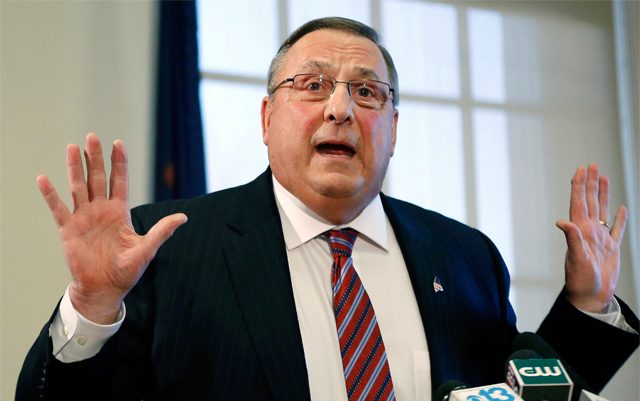Maine is one of a handful of states where both medical and recreational cannabis is legal – but just because any adult 21 years of age and older can access marijuana legally doesn’t mean they’ve stopped caring about revising and reforming their current medical marijuana laws. A bill that would make some significant changes to the current medical marijuana policies in the state was vetoed by Governor LePage – and the legislature has now overturned his veto.
“Maine’s medical cannabis program is already one of the best in the country,” said Sen. Eric Brakey, R-Auburn, who as co-chairman of the health and human services committee helped write the new law. “The passage of L.D. 1539 will make it even stronger. More access and choice for patients. More flexibility for legal businesses. And more integrity to the overall program.”
With a 119-23 vote in the House of Representatives and a 25-8 vote in the Senate, the new legislation will go into effect 90 days after the end of this legislative session. It removes the list of qualifying conditions that restricts doctors to recommending medical marijuana for specific ailments only, instead allowing them to recommend it for any condition they deem it beneficial.
The new law will also grant six new medical dispensary licenses, allow local municipalities to enact further regulations on the industry, and will allow caregivers (those who grow and administer medical cannabis to registered patients) to expand their businesses, giving storefronts that are currently operating in a grey area a path to legitimacy.
“I’ve personally seen so many people whose lives have been changed for the better through access to this medicine,” said Brakey, who added that there are three key components to the law. “More choice and freedom for patients, more flexibility for legal businesses and more overall integrity for the program with more local control.”
Governor LePage cited concerns that these new laws gave way to recreational marijuana being produced and sold – something the state is in the process of doing after voters approved legalization and regulation in the 2016 election. Considering recreational cannabis is already legal, it seems pointless to use that as grounds to veto a law. After all, this expands the medical industry and the parameters in which doctors can recommend medical marijuana, providing safer access than self-medication through the recreational industry.
Regardless, thanks to the legislature in the state, Maine’s medical marijuana program will soon be seeing some changes that should expand access for patients who may have been medicating illegally – even in a state where medical marijuana is legal.






